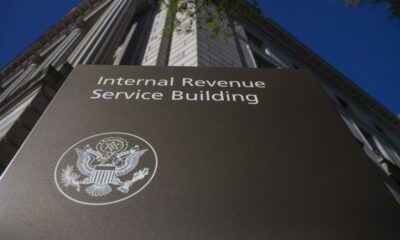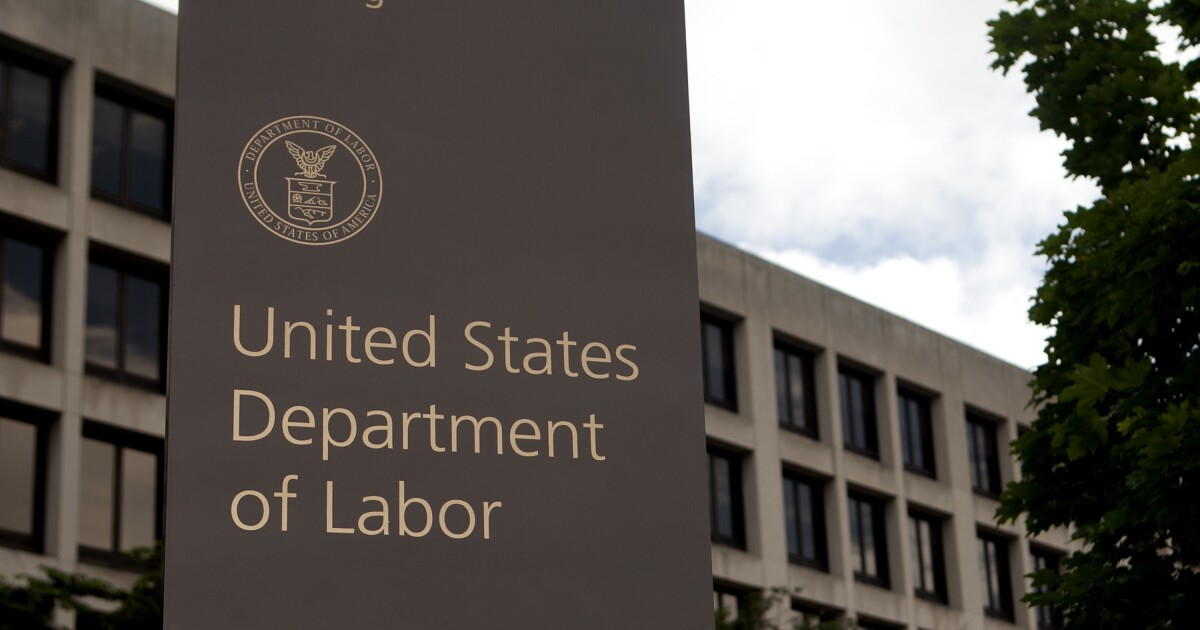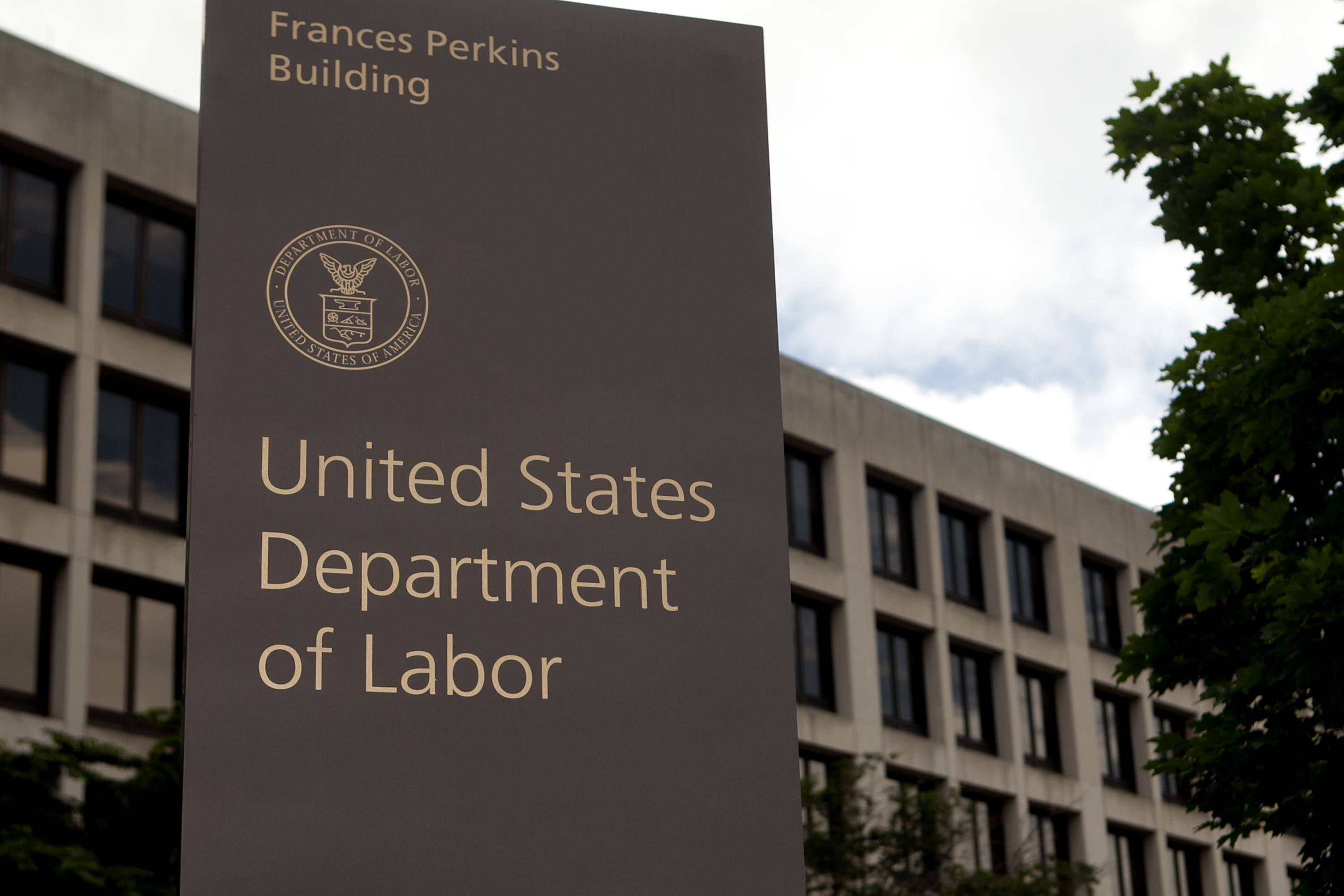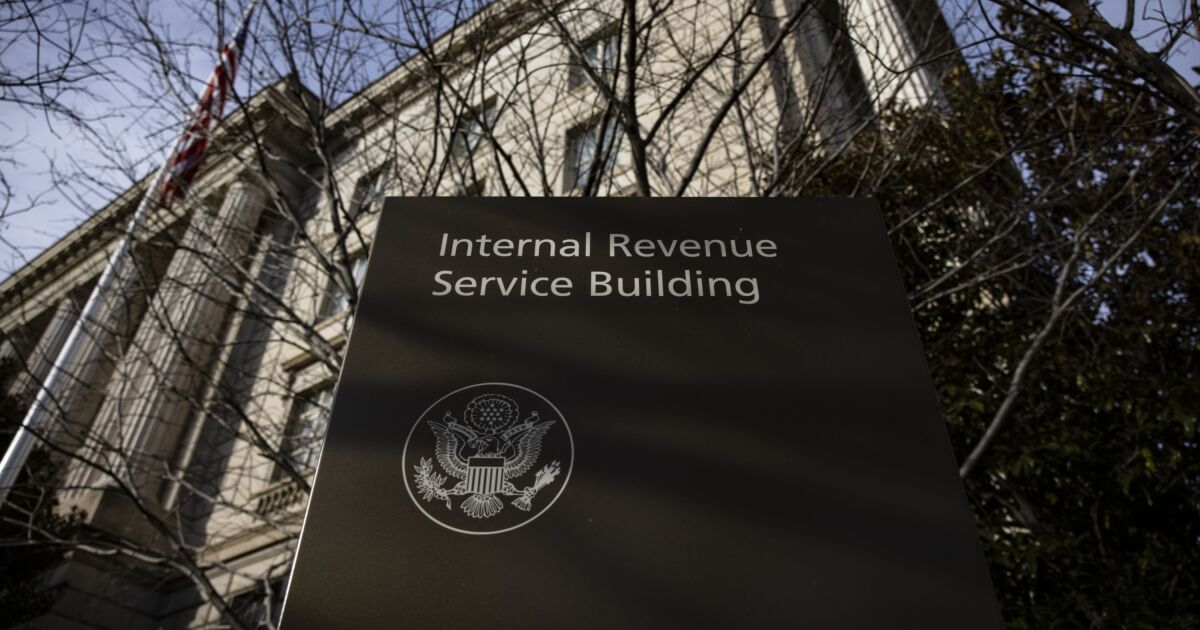Accounting
In the blogs: You will survive

Accounting
Employers added 228K jobs in March, but lost 700 in accounting
Accounting
Tech news: AvidXchange releases new AI agents
Accounting
IRS recalls fired workers as April 15 tax crush looms
-

 Economics1 week ago
Economics1 week agoYoung Americans are losing confidence in economy, and it shows online
-

 Economics1 week ago
Economics1 week agoPCE inflation February 2025:
-

 Personal Finance1 week ago
Personal Finance1 week agoStudent loans could be managed by the Small Business Administration
-

 Accounting7 days ago
Accounting7 days agoIRS sets new initiative with banks to uncover fraud
-

 Economics1 week ago
Economics1 week agoWhite House denials over the Signal snafu ring hollow
-

 Economics1 week ago
Economics1 week agoConsumer sentiment worsens as inflation fears grow, University of Michigan survey shows
-

 Economics1 week ago
Economics1 week agoTexas troopers are in more and more lethal car chases
-

 Personal Finance1 week ago
Personal Finance1 week agoMillions of student loan borrowers past-due after bills restarted: Fed












